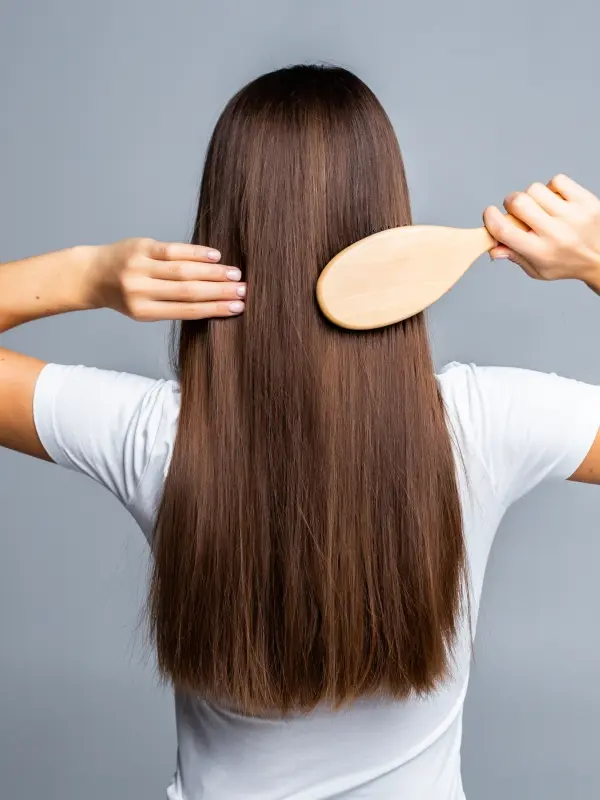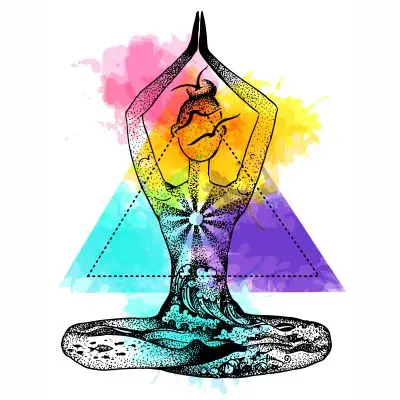Biotin, Selenium & Hairs. Tips for maintaining strong healthy hairs

Hair is an important element of the human body that is psychologically linked to an individual and forms a fundamental aspect of our identity. In addition, hair has a decorative purpose on the body. The health of your hair externally reflects your internal well-being. Each individual hair strand is made up of a combination of calcium, keratin, iron, and zinc all of which are strongly embedded in the skin. Throughout a person's life, the hair shaft undergoes consistent change as blood vessels supply nutrients to cells enclosed in the hair bulb, influencing the hair's growth and shape. Therefore, each hair strand's cells require a constant supply of essential nutrients1.
Some things, like age and heredity, are out of our control, but overall diet is probably within our reach. The growth cycle of the hair follicle and the turnover of cells are both significantly impacted by the presence of vitamins and minerals in the diet. Deficiency in essential nutrients may trigger hair loss. According to a study2, thinning hair may be caused by nutrient inadequacies, including deficiencies in biotin, vitamins B12 and D, selenium, iron, riboflavin, etc. Those who are experiencing hair loss because of nutritional deficiencies may find that adopting a diet higher in these nutrients can stimulate new hair growth3.
Benefits of Biotin and Selenium for Hair
Vitamin H also known as biotin is essential for proper body function. Biotin can be found in trace levels in many foods, including egg yolks, almonds, and legumes. The bacteria that inhabit the large intestine are also capable of biotin production. These two food groups typically supply adequate biotin for an individual. In some cases, such as pregnancy or biotin insufficiency, further supplementation is required4.
It's conceivable, albeit unusual, to be deficient in biotin. Hair loss and facial rashes are symptoms of a biotin deficiency (around the eyes, nose and mouth). Depression, hallucinations, tiredness, and numbness/tingling in the limbs are all possible, though they are less prevalent. Biotin has a role in maintaining a healthy energy-producing metabolic (a.k.a converting your food into energy). It's also well-known for helping keep hair and skin healthy.
Biotin's ability to promote growth was one of its earliest discoveries, and it was found to be very useful in maintaining healthy, robust skin and hair. Its curative effects against induced dermatitis, hair loss, and neurologic symptoms in rats were originally observed in feeding tests5.
There is no recommended daily intake (RDI) for biotin established by the Food and Drug Administration (FDA). On the other hand, research suggests that 30 mcg may be an appropriate daily dose6.
Selenium is an essential trace mineral that aids in hair growth, among other functions. Many enzymes rely on selenium to boost their reactivity and carry out their tasks. The thyroid contains the highest concentration of selenium of any organ in the body, and this mineral is crucial to the health of the thyroid gland and the production of thyroid hormone. This hormone, in turn, has a significant role in controlling the pattern of hair loss experienced by patients7.
Important antioxidants, such as vitamin C, are replenished in part because of selenium's activation of an enzyme critical to their production. This help eliminates potentially damaging free radicals, which in turn stimulates hair growth and regeneration. Researchers are investigating the enzyme for potential utility in treating illnesses of the immune system and cancer due to its ability to regulate cell development and health.
In addition to these advantages, selenium sulphide is a common component of anti-dandruff shampoos due to its topical application in the treatment of dandruff. In addition, it complements protein-rich diets to promote stronger hair8.
Reference:
- Want Healthy Hair? Add These 10 Nutrients to Your Diet. India.com Learn more (2022).
- Almohanna, H. M., Ahmed, A. A., Tsatalis, J. P. & Tosti, A. The Role of Vitamins and Minerals in Hair Loss: A Review. Dermatol Ther (Heidelb) 9, 51–70 (2018).
- Best Foods for Hair Growth: What to Eat, Drink & Avoid. Healthline Learn more (2022).
- Health Benefits of Biotin: What Does the Science Say? Learn more.
- Biotin for hair growth: Dosage and side effects. Learn more (2021).
- Office of Dietary Supplements - Biotin. Learn more.
- ND, D. K. O. The Role of Selenium For Hair Growth. Learn more / Learn more.
- Biotin and Selenium: Vitamins and Minerals for Hair, Nails & Skin? TEA+ Learn more.

